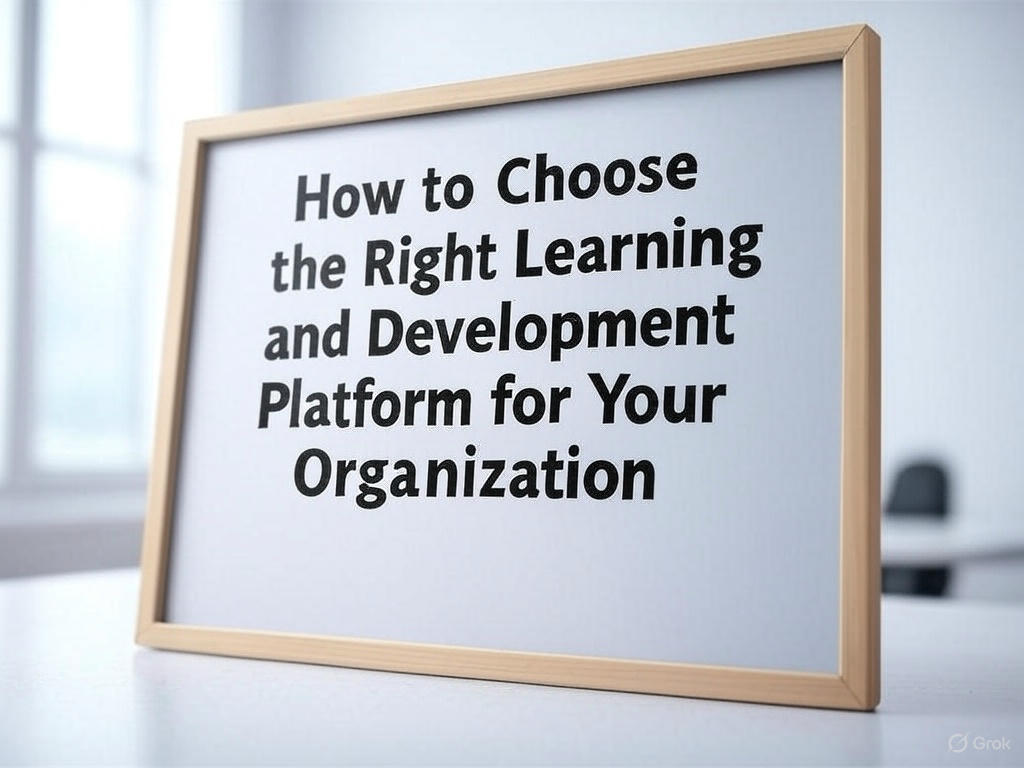Securing your first office space is a thrilling step for your business. Moving from a home office or a coworking space to a dedicated commercial real estate location shows growth. It also brings many benefits. This guide aims to help you through the process. We will talk about key things to consider, from understanding your needs to making an informed decision about your first office space.
Understanding the Basics of Office Spaces
Moving from working at home or in a shared space to an office is an important step for any business that is growing. This change makes your brand look more professional and real.
Also, a good office space can really affect how the team works together. It creates a place where people can collaborate, which boosts creativity and builds a stronger community among the team members.
What is an Office Space and Its Importance?
An office space is a specific place where business activities happen. This can be a small private office, a shared coworking space, or a big suite in a corporate building. It is the physical part of your business, allowing for team meetings, client talks, and daily tasks.
Having a physical office space brings many benefits. It gives your team a main spot to work together, which improves communication and builds a sense of community among workers. Plus, a dedicated office often has meeting rooms, important for client presentations and team get-togethers.
Also, having a physical office space helps create a professional image for your business. It offers a reputable business address and a place to meet clients, which helps build trust and credibility.
Key Benefits of Renting an Office Space
Renting an office space has many benefits. One key advantage is the sense of legitimacy it gives your business. Having a physical address, rather than just a virtual office, makes your company look more trustworthy to clients and partners.
Also, a dedicated office space offers a specific desk in a structured setting that helps improve productivity. This setup separates work from personal life. It reduces distractions, which helps employees stay focused on their tasks.
In addition, office spaces usually come with amenities like high-speed internet, conference rooms, and break areas. These features create a better work environment and help people collaborate effectively.
Preparing to Rent Your First Office Space
Before you look for office spaces, it is important to know your needs and make a good plan. Think about what kind of space works best for your business, how many people are on your team, and how you expect to grow.
When you understand your needs clearly, it will make your search easier. This way, you can find an office space that helps your business goals and gives your team a comfortable and productive place to work.
Essential Checklist Before Starting Your Search
Before you look for the perfect office space, use this checklist to help you decide:
- Location: Find an office spot that is easy for your team to get to and has good public transportation. Think about how near it is to clients, suppliers, and other services you need for your business.
- Budget: Make a clear budget that includes not just rent, but also utility costs, maintenance, and furniture. Don’t forget to consider possible rent increases in the future.
- Space Requirements: Check how big your current team is and how much you expect it to grow. This will help you figure out how much space you need. Think about if you need private offices, shared workspaces, meeting rooms, and common areas.
By thinking about these points before starting your office space search, you can make better choices and avoid any problems later.
Budget Considerations and Financial Planning
When you are renting your first office space, it’s very important to set a realistic budget. You should think about more than just the monthly payment. Include other costs like utilities, internet, phone lines, and maintenance. Remember to account for furnishing your space too. This includes desks, chairs, and office equipment.
A good tip is to think about subleasing extra space. This can help lower your costs if you are on a tight budget or have a small team.
As you plan your finances, make sure you have enough money saved for at least the first few months of rent. This includes security deposits and moving costs. Having a financial cushion is key, especially in the early months of setting up your new office.
Step-by-Step Guide to Renting Your First Office Space
Now, let’s simplify the steps for renting your first office space. We’ll guide you through each part of the process. This will help you make smart choices. We will look at everything, from figuring out what space you need to talking about lease terms. Our goal is to make this transition easy and successful for your business.
By following these steps, you will be prepared to find the right office space that meets your needs and helps your business succeed.
Step 1: Determine Your Space Needs Based on Business Size and Type
The first step is to assess your space requirements. This is based on your business needs and expected growth. Think about how many employees you have. Consider if you need private offices or shared workspaces. Also, think about any special equipment or storage needs.
For example, a tech startup with a small team may want a modern open office to help with collaboration. In contrast, a law firm that works with sensitive information may need private offices to keep things confidential. If your team meets clients often, make sure to include a conference room in your plans.
After you know what you need, figure out the right square footage to meet those needs comfortably. Don’t forget to include common areas like a kitchen, break room, and reception area to create a great office space.
Step 2: Research Potential Locations and Their Advantages
Choosing the right location for your office is very important. It affects how easy it is for your team and clients to get there. Look for a spot that is close to public transportation and main roads. This will make it easier for employees to get to work and for clients to visit.
If you’re considering business hubs in South Africa, you’ll find plenty of modern offices to let in Waterfall, a fast-growing commercial district known for its top-tier infrastructure and convenient access to major highways. The area offers a blend of professional space and lifestyle amenities, making it attractive to both startups and established companies.
Think about the people who live in the area and if they match your target market. Being near businesses that serve similar markets can lead to good partnerships and networking chances. Also, check the features of different office buildings. Look for things like parking, security, and common areas.
Step 3: Visit and Evaluate Multiple Office Spaces
Once you have a list of possible locations, plan visits to see the spaces in person. Walking through the office helps you check its layout, size, and overall feel. Notice the natural light, noise levels, and the state of shared spaces like restrooms and kitchens.
While you visit, think about how your team will work in the space. Do you need open areas for teamwork, or would private offices be better? Look for important features like fast internet, enough power outlets, and good lighting.
Also, ask about the building’s security features, like access systems and cameras. A safe and well-kept place is important for your team’s health and securing your business assets.
Step 4: Negotiate Lease Terms and Conditions
The final step before signing on the dotted line involves carefully reviewing and negotiating the lease agreement. The lease outlines the terms and conditions of your office space rental, including the duration, renewal options, and any associated costs.
Pay close attention to details such as rent escalation clauses, maintenance responsibilities, and any restrictions on modifications or alterations to the space. It’s advisable to seek legal counsel to ensure you fully understand the terms and safeguard your interests.
Conclusion
In conclusion, getting your first office space is an important step that needs good planning. It’s vital to know the basics of office spaces. Create a budget and follow a simple guide to help you choose wisely. Figure out your space needs, look at different locations, weigh your options, and negotiate lease terms. This way, you can find the best office space for your business to grow. A well-selected office space gives your business a professional feel. It also helps your business succeed. Good luck on this exciting journey!




